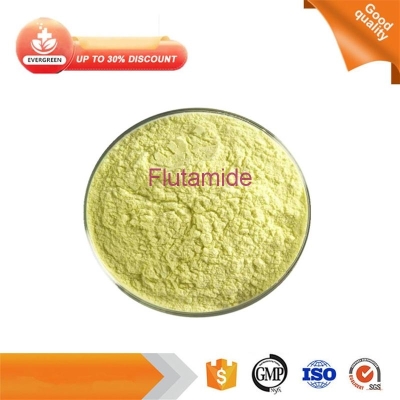-
Categories
-
Pharmaceutical Intermediates
-
Active Pharmaceutical Ingredients
-
Food Additives
- Industrial Coatings
- Agrochemicals
- Dyes and Pigments
- Surfactant
- Flavors and Fragrances
- Chemical Reagents
- Catalyst and Auxiliary
- Natural Products
- Inorganic Chemistry
-
Organic Chemistry
-
Biochemical Engineering
- Analytical Chemistry
- Cosmetic Ingredient
-
Pharmaceutical Intermediates
Promotion
ECHEMI Mall
Wholesale
Weekly Price
Exhibition
News
-
Trade Service
The biological clock is our internal biological pacemaker, which can maintain the physiological homeostasis of all tissues in the body
.
The circadian clock is responsible for controlling physiological, endocrine and metabolic processes,such as glucose production andconsumption, lipid metabolism, amino acids, and nucleotides, which is a rhythmic cycle through the day and night
The biological clock is our internal biological pacemaker, which can maintain the physiological homeostasis of all tissues in the body
The mechanism of how the circadian clock adapts to environmental disturbances has been characterized in the diet and nutrition challenge paradigm , but little is known about how the circadian clock participates in metabolic adaptation to disease states
During the progression of lung cancer and the corresponding development of cachexia, the control of the circadian rhythm of glucose production is disrupted, leading to increased liver glucose levels
A new study from the University of California, Irvine, published in the journal Science Advances , reveals how the circadian regulation of glucose production in the liver is lost during lung cancer progression, and how the resulting increase in glucose production promotes cancer cell growth .
A University of California, Irvine, in the published in " Advances in science and scientific progress in the journal" The new study revealed a circadian rhythm during the progression of lung cancer in the liver glucose production to adjust how the loss, and the resulting increase in glucose production how to promote cancer Grow.
How the circadian regulation of glucose production in the liver is lost during lung cancer progression, and how the resulting increase in glucose production promotes cancer cell growth
The study showed that REV-ERBα, a key circadian protein, controls glucose production in the liver
.
Studies have found that elevated serum glucagon levels stimulate the production of cyclic adenosine monophosphate and activate hepatic protein kinase A (PKA) signaling in TB mice
The study showed that REV-ERBα, a key circadian protein, controls glucose production in the liver
During lung cancer progression, especially in the case of cachexia, this circadian rhythm regulation is lost, leading to increased glucose production by the liver," said senior author Dr.
This study uses the biological clock as the central regulator of glucose production during lung cancer progression and provides important insights for the development of new therapies that target REV-ERBα to inhibit the growth of cancer cells .
This research uses the biological clock as the central regulator of glucose production during lung cancer progression, and provides important insights for the development of new therapies that target REV-ERBα to inhibit the growth of cancer cells ."We are the new track produced by glucose glucose to continue to study the metabolic fate of glucose in the process of progression of lung cancer increased production consequences, in order to determine whether the fuel source may promote lung cancer cell cells increased metabolic demands," medical medical Boshi Amandine Verlande said
References : Glucagon regulates the stability of REV-ERBα to modulate hepatic glucose production in a model of lung cancer–associated cachexia
DOI: 10.
1126/sciadv.
abf3885DOI: 10.
1126/sciadv.
abf3885 DOI: 10.
1126/sciadv.
Leave a message here







